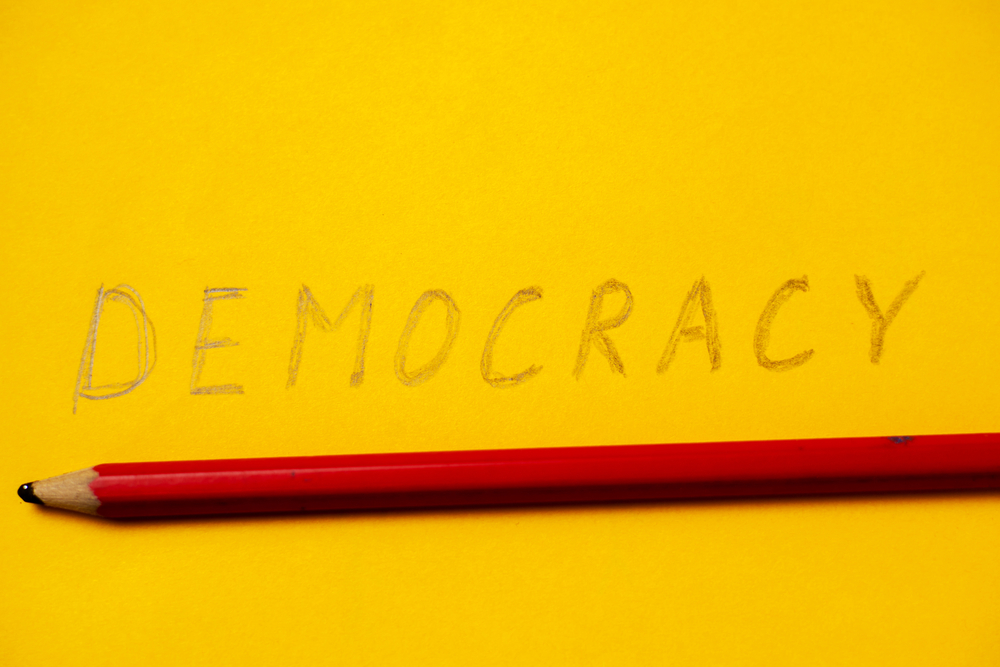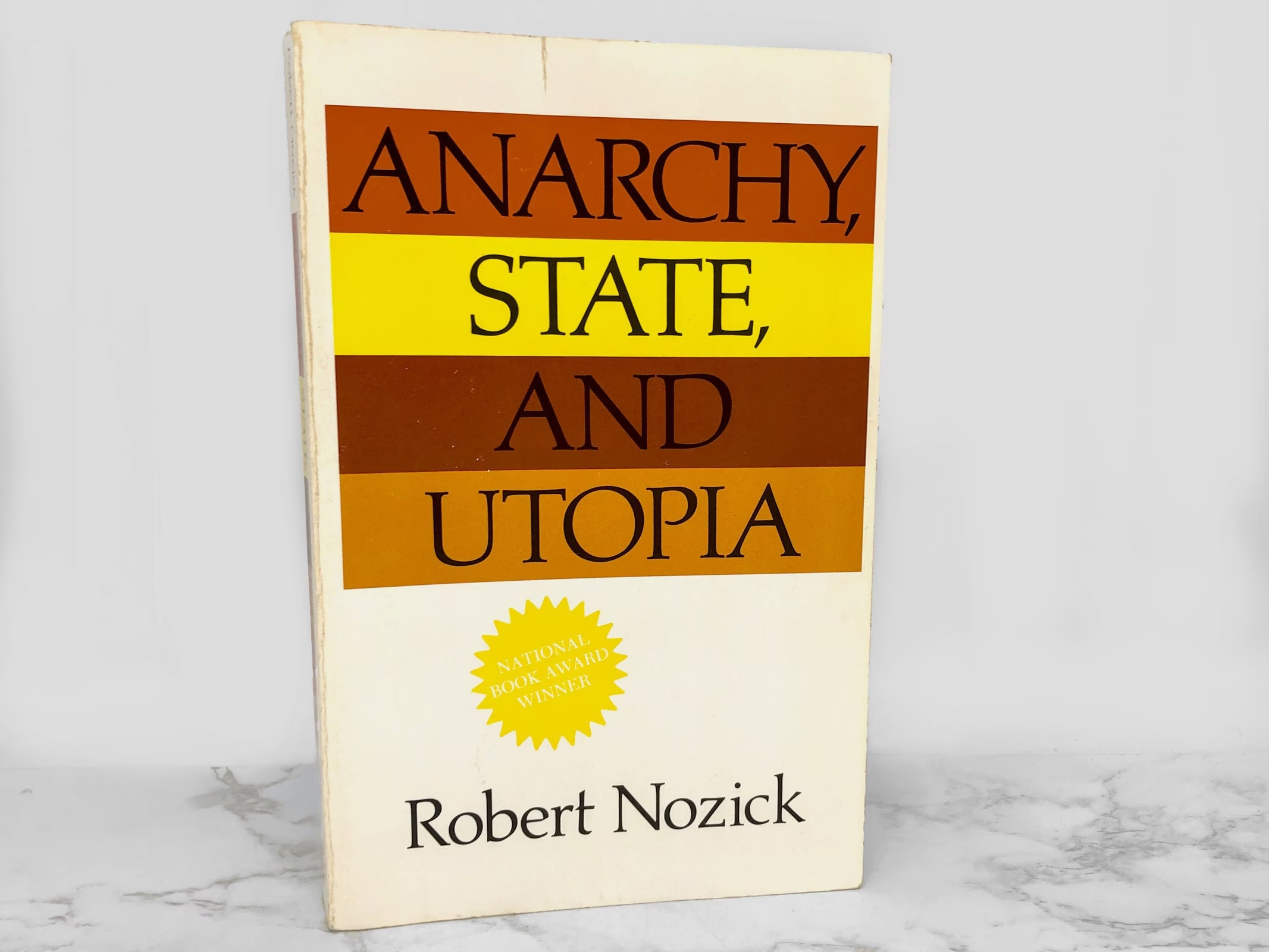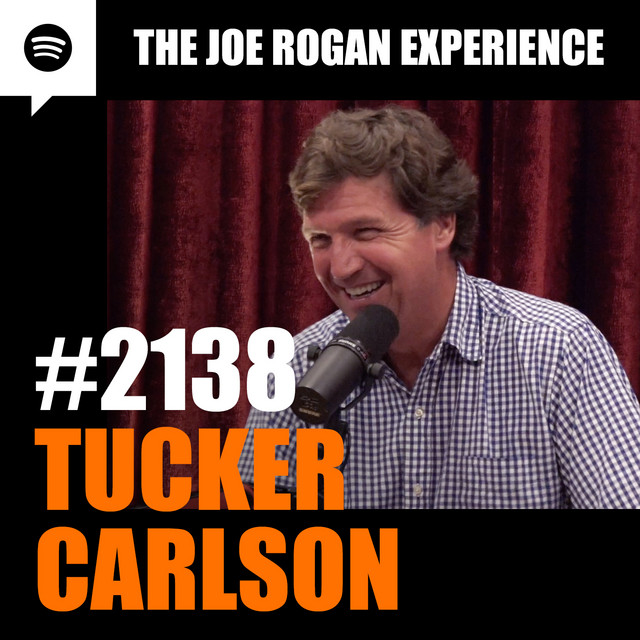In the aftermath of the election of Donald Trump as President of the United States, many of us are searching for an explanation for what happened. “Why are our politics so divisive? This is not the America I know!”
This is a worthy question, but I don’t think anyone has really nailed it yet. This year, I’ve heard many political reform suggestions, including some that I support: ranked choice voting and processes to prevent gerrymandering. These two reforms would tend to make our quotidian politics more moderate and post-fact campaigning a riskier strategy.
But I want to focus on something else. I can’t shake the idea that we’re way out of equilibrium in terms of optimal country size. If this idea is correct, then at least some of our problems could be the result of a mismatch between reality and the unexamined assumption that we all have to be in this together.
The theory of optimal country size
The classic economics paper on optimal country size is by Alesina and Spolare (1997). They advance a number of theoretical claims in the paper, but in my view the most important ones are on the relationship between political and economic integration.
Suppose that the world is full of trade barriers. Tariffs are high, and maybe also it’s just plain expensive to get goods across the ocean, so there’s not a lot of international competition. In this situation, there is a huge advantage to political integration: it buys you economic integration.
In a world of trade barriers, a giant internal free trade area is one of the most valuable public goods that a government can provide. Because many industries feature economies of scale, it’s better to live in a big market. If the only way to get a big market is to live in a big country, then megastates have a huge advantage over microstates.
On the other hand, if economic integration prevails regardless of political integration—say, tariffs are low and shipping is cheap—then political integration doesn’t buy you much. Many of the other public goods that governments provide—law and order, social insurance, etc.—don’t really benefit from large populations beyond a certain point. If you scale from a million people to 100 million people, you aren’t really better off.
As a result, if economic integration prevails, the optimal country size is small, maybe even a city-state.
Read Eli Dourado’s full article.











